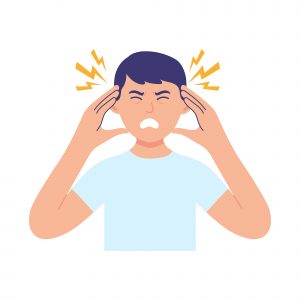 While we all have our own personal response to a crisis, most of us will feel some level of anxiety during a pandemic, such as the one we are currently experiencing. Intense worrying about what might happen or how a situation might change can trigger our body’s automatic “fight-flight” stress response. Over time, this physical response to stress takes its toll on our bodies. Here are some ways to manage stress and anxiety:
While we all have our own personal response to a crisis, most of us will feel some level of anxiety during a pandemic, such as the one we are currently experiencing. Intense worrying about what might happen or how a situation might change can trigger our body’s automatic “fight-flight” stress response. Over time, this physical response to stress takes its toll on our bodies. Here are some ways to manage stress and anxiety:
- Quarantine the worry: Create a regular half hour each day as “worry time” to identify and tackle each worry as if it were a problem to solve. When you feel yourself slipping into a worried frame of mind, try to postpone the feelings and focus instead on what is actually happening at that moment.
- Find a quiet place each day where you can write down your worries and fears undisturbed. Sometimes, by articulating your worries, it is easier to find solutions or simply deal with them.
- Reflect on your past: Think back to past experiences and sources of personal strength that helped you through other crisis situations. For example, how have you typically responded to stressful events? Who did you turn to for support? How did you overcome the situation? What did you learn that would be helpful in this situation?
- Stay connected: The fear of infection and the desire to protect yourself and your family may mean avoiding social situations. However, you can still maintain contact with people by phone or email.
- Keep physically fit: It’s important to exercise your body and stretch out tense muscles as well as find time for relaxation. Eat a healthy diet and be sure to get enough sleep.
Source: Morneau Shepell
